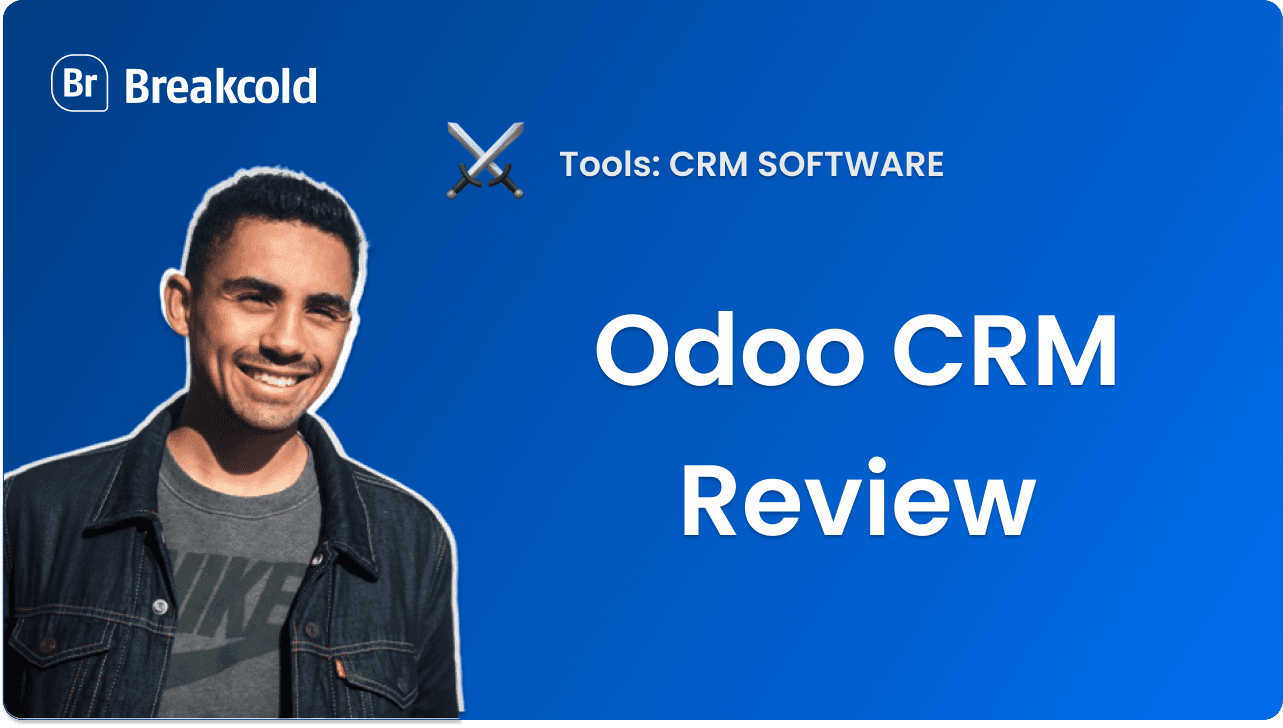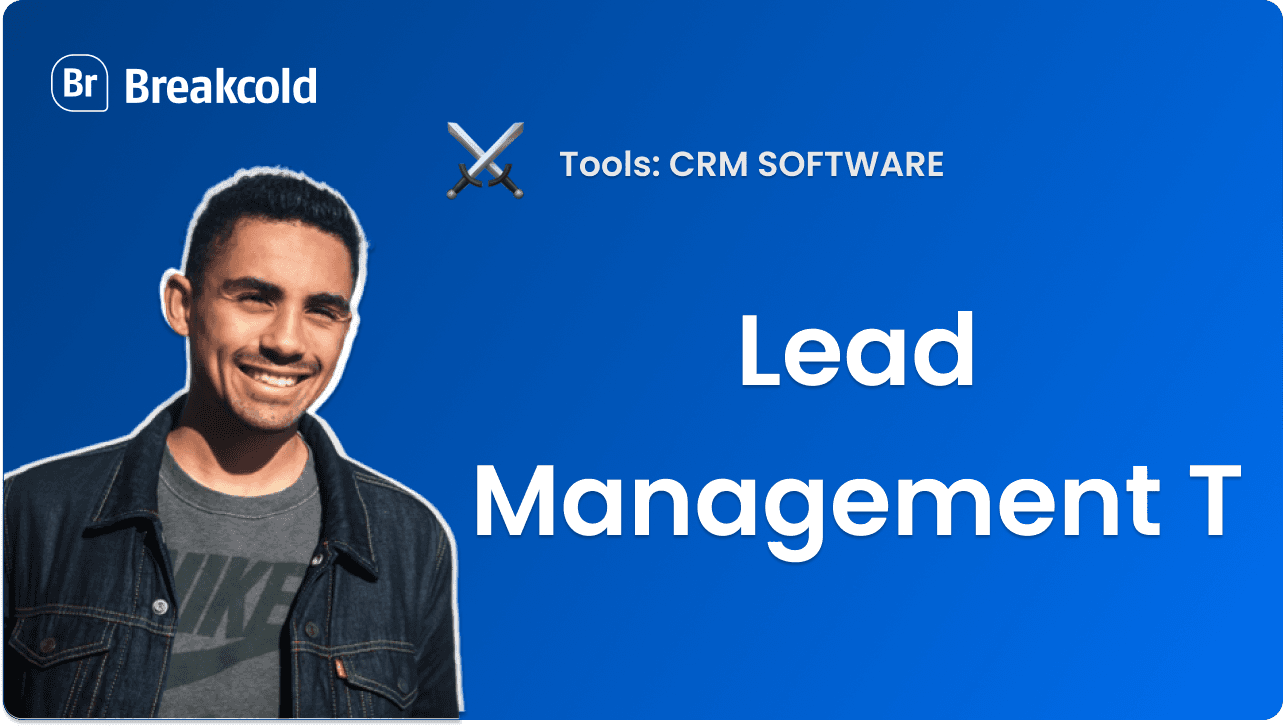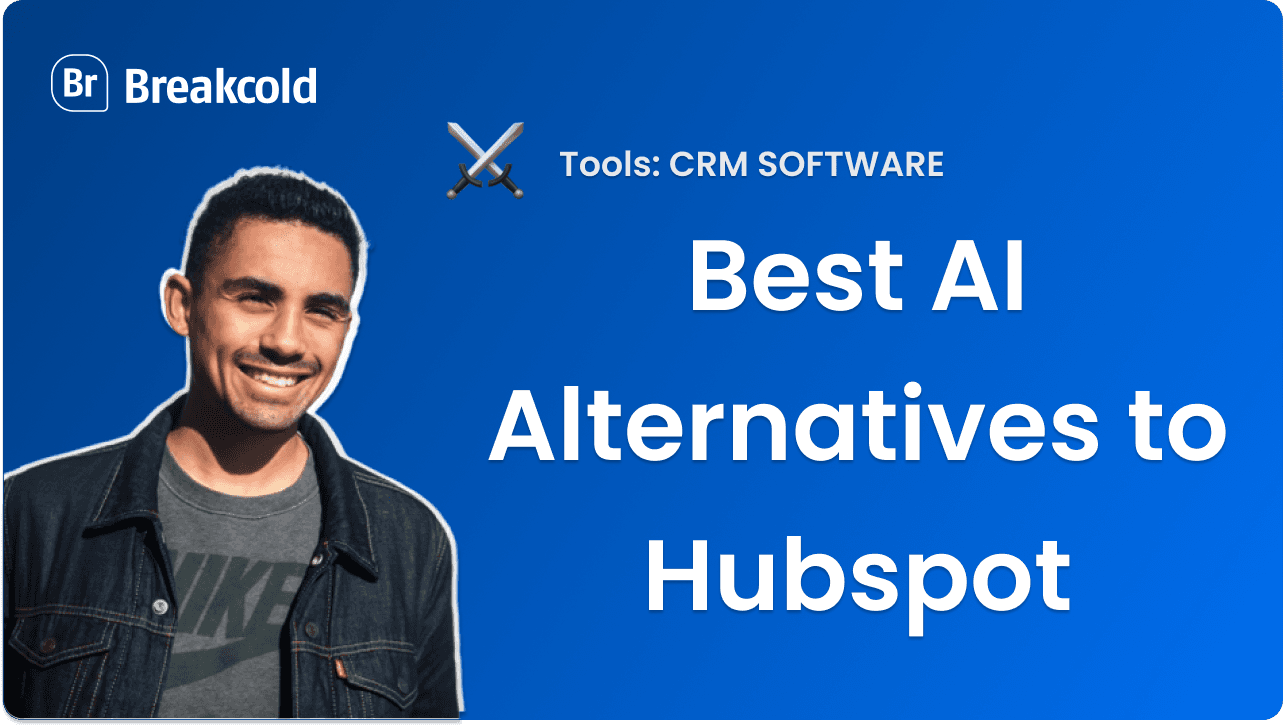
The Ideal Sales Pipeline Template for Agencies
In today's competitive business environment, agencies are constantly seeking ways to streamline their processes and boost their sales. One effective strategy that can help agencies achieve these goals is implementing a well-defined sales pipeline template. A sales pipeline is a systematic approach to managing the sales process, from initial lead generation to closing deals. By implementing a sales pipeline template tailored specifically for agencies, you can effectively track your progress, identify bottlenecks, and ensure that no sales opportunity falls through the cracks
The 7 Sales Pipeline Stages Agencies Should Have
Every agency's sales pipeline will vary depending on their specific business model and target market. However, there are seven key stages that agencies should consider including in their sales pipeline template:
Lead Generation: This stage involves identifying and attracting potential clients by leveraging various marketing channels.Lead generation is a critical aspect of any agency's sales pipeline. It is the process of finding and attracting potential clients who may be interested in the agency's services. This can be done through various marketing channels such as social media advertising, content marketing, search engine optimization, and email marketing. By effectively generating leads, agencies can ensure a steady stream of potential clients to engage with in the sales process.
Lead Qualification: Once leads are generated, it's crucial to assess their fit for your agency's services. Qualifying leads helps ensure that your sales team spends their time and effort on prospects with the highest chances of conversion.Lead qualification is the process of evaluating the potential of a lead to become a paying customer. This stage involves assessing the lead's needs, budget, timeline, and decision-making authority. By qualifying leads, agencies can prioritize their resources and focus on prospects who are most likely to convert into customers. This helps streamline the sales process and increase the overall efficiency of the agency's sales team.
Needs Assessment: At this stage, agencies should have a clear understanding of the client's needs and challenges. Conducting thorough needs assessments enable agencies to build personalized solutions and proposals.Needs assessment is a crucial step in the sales process as it allows agencies to gain a deep understanding of the client's specific requirements and challenges. By conducting thorough needs assessments, agencies can identify the pain points that the client is facing and tailor their solutions accordingly. This helps build trust and credibility with the client, as they see that the agency truly understands their unique needs and is committed to providing a solution that addresses those needs effectively.
Proposal and Presentation: After understanding the client's needs, agencies should develop a compelling proposal and present it to the client. This stage involves showcasing your agency's expertise and value proposition.Once the agency has a clear understanding of the client's needs, they can develop a comprehensive proposal that outlines the proposed solution, timeline, and pricing. The proposal should highlight the agency's expertise, experience, and unique value proposition. It should clearly demonstrate how the agency's services can address the client's specific needs and provide value. The presentation of the proposal is an opportunity for the agency to showcase their capabilities and convince the client that they are the best choice for the job.
Negotiation and Objections Handling: Negotiating terms, addressing objections, and finding mutually beneficial solutions are crucial steps in the sales process. Skilled agencies are adept at navigating this stage and ensuring a favourable outcome.Negotiation and objections handling are integral parts of the sales process. During this stage, the agency and the client may have differing opinions on certain terms, pricing, or other aspects of the proposed solution. Skilled agencies are adept at navigating these negotiations and addressing any objections that the client may have. They work towards finding mutually beneficial solutions that meet the client's needs while also aligning with the agency's goals. Effective negotiation and objections handling can lead to a successful outcome and a satisfied client.
Closing: The closing stage involves finalizing the deal and getting the client's agreement. This is where contracts are signed, and the client officially becomes a customer.The closing stage is the culmination of the sales process. It is where all the previous stages come together, and the agency secures the client's agreement to move forward. This stage involves finalizing the terms and conditions, signing contracts, and ensuring that both parties are satisfied with the agreement. The closing stage is a critical milestone for the agency as it marks the official start of the client-agency relationship and the beginning of the delivery of the promised services.
Post-Sale Relationship Building: Once the deal is closed, it's important to maintain a strong relationship with the client. This stage involves ongoing communication, support, and upselling opportunities.The post-sale relationship building stage is crucial for agencies as it focuses on maintaining a strong and long-lasting relationship with the client. This stage involves ongoing communication to ensure that the client's needs are being met and that they are satisfied with the agency's services. It also provides an opportunity for the agency to offer additional support, address any concerns or issues that may arise, and identify upselling opportunities. By nurturing the post-sale relationship, agencies can not only retain clients but also potentially generate additional business through referrals and repeat business.
Example of the Customer Journey in a Sales Pipeline for Agencies Step-by-Step
Let's take a closer look at how a customer might progress through each stage of the sales pipeline for agencies:
Step 1: Lead Generation
Through various marketing efforts such as content marketing, social media campaigns, and networking, potential clients become aware of your agency and express interest.
Step 2: Lead Qualification
After capturing leads, your sales team evaluates them based on predefined criteria. This stage helps filter out leads that are not a good fit for your agency's services, saving valuable time and energy.
Step 3: Needs Assessment
Your sales team conducts thorough needs assessments, gaining a comprehensive understanding of the client's pain points, goals, and requirements. This stage serves as the foundation for developing tailored solutions.
Step 4: Proposal and Presentation
With the client's needs in mind, your agency develops a compelling proposal and presents it to the client. This stage is an opportunity to showcase your expertise and demonstrate how your solutions will address their specific challenges.
Step 5: Negotiation and Objections Handling
The client may have concerns or objections that need to be addressed. This stage involves transparent communication, finding common ground, and reaching mutually beneficial agreements.
Step 6: Closing
Once all terms are agreed upon, contracts are signed, and the deal is officially closed. Congratulations - your agency has gained a new customer!
Step 7: Post-Sale Relationship Building
After the deal is closed, your agency maintains an ongoing relationship with the client. Regular communication, providing support, and identifying upselling opportunities help strengthen the partnership and lead to long-term success.
Why Agencies need this Sales Pipeline Template?
Now that we have explored the key stages of a sales pipeline for agencies, let's discuss why it is essential for your agency to adopt this template:
1. You'll save time managing projects for agencies.
By implementing a sales pipeline template, your agency can streamline the sales process and reduce inefficiencies. With clear stages and defined objectives, you can track progress, identify bottlenecks, and implement targeted improvements.
2. You'll grow revenues faster by serving your agency clients.
A well-structured sales pipeline enables your agency to focus on high-priority leads and effectively convert them into paying clients. By nurturing leads through each stage, you maximize your chances of closing deals and growing your revenue.
Implementing an ideal sales pipeline template for agencies can revolutionize your sales process, enhance efficiency, and drive better results. Don't leave your agency's success to chance - take control of your sales pipeline and accelerate your growth!









































































![The 8 Best Social CRM Software in 2025 [Comparison]](https://framerusercontent.com/images/RYHyYapdgIi83BEWtMdX418.png?width=1280&height=720)
![The 6 Best LinkedIn CRM in 2025 [Comparison]](https://framerusercontent.com/images/Luywfni7ZKjb19yghbhNPy4I4qQ.png?width=1280&height=720)




























































































































